Safe Food Handling in Your Home
An estimated four million cases of foodborne illness occur in Canada every year.
We’ve got tips on how you can prepare, store and cook food safely at home.
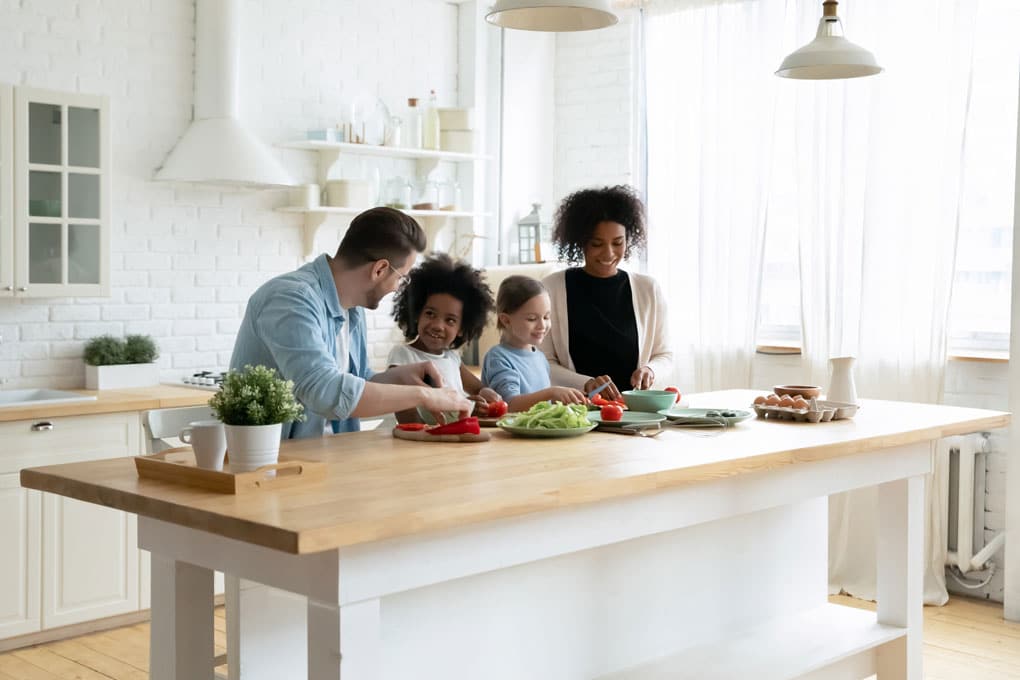

Understanding and practicing five important steps can help prevent foodborne illness in your home.
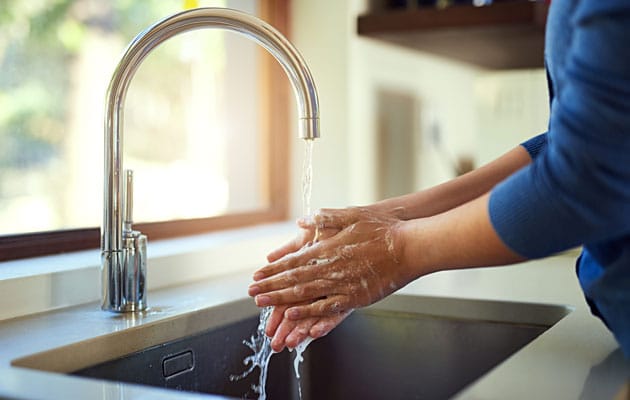

Practice thorough handwashing
Before handling food, wash your hands for 20 seconds with hot, soapy water. In 20 seconds, you should be able to sing Happy Birthday twice.
Clean food contact surfaces and utensils
Sanitize counters, cutting boards, and utensils after preparing food using hot, soapy water.
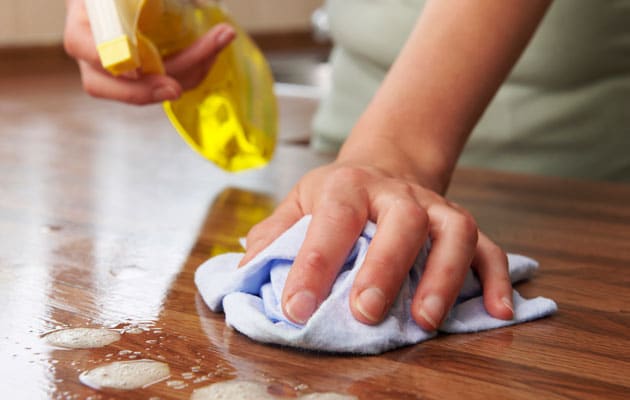

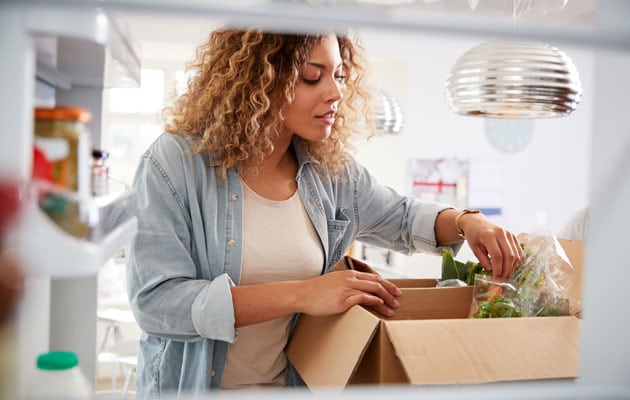

Keep cold foods cold and hot foods hot
When purchasing refrigerated foods like hot dogs, deli meats, fresh chicken and pork, refrigerate promptly after purchase. Be especially careful during hot summer days.
Cooked foods should be served hot and kept hot. Don’t leave hot foods out to cool before refrigerating. This can allow bacteria to form. Rapid cooling in the refrigerator is always best. Place hot sauces, stews and other leftovers in a shallow dish to ensure rapid cooling in the refrigerator.
Remember — your home refrigerator should be set at 40C (400F) or lower.
Avoid cross contamination
Use separate cutting boards and utensils when preparing raw and ready-to-eat products. Colour-coded cutting boards can help prevent mistakes.
When cooking fresh meat and poultry, don’t place cooked product on the same plate that held raw product. After marinating meat and poultry, discard remaining marinade or reheat to boiling to ensure it is safe to serve with cooked products.
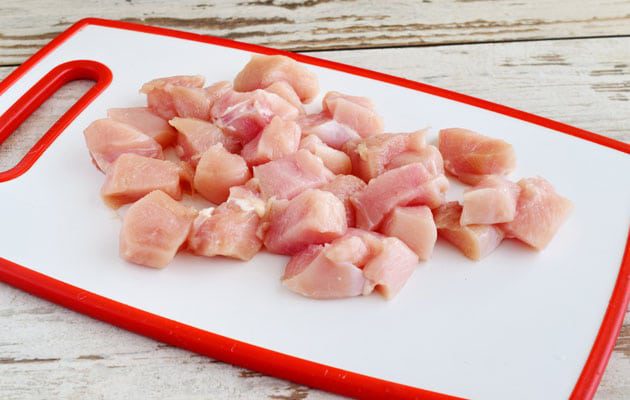

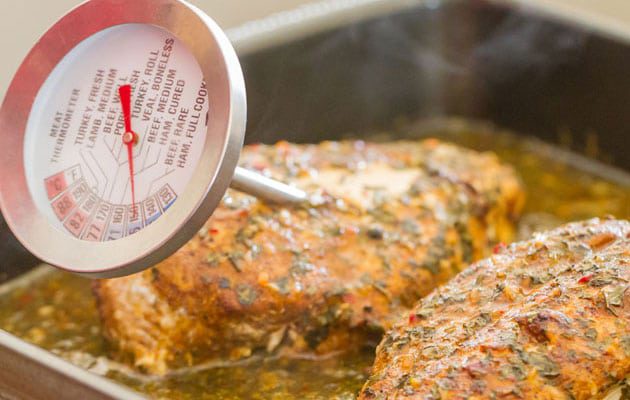

Cook foods to proper temperatures using an instant-read thermometer
Thorough cooking is essential and food temperatures should be checked with an instant-read thermometer to ensure they are safe to consume. Colour is not a reliable indicator of doneness. Leftovers should be reheated to 740C or 1650F.
Food safety Q&A with Dr. Huffman
Dr. Randy Huffman, Maple Leaf Foods’ Chief Food Safety and Sustainability Officer, answers your food safety questions.
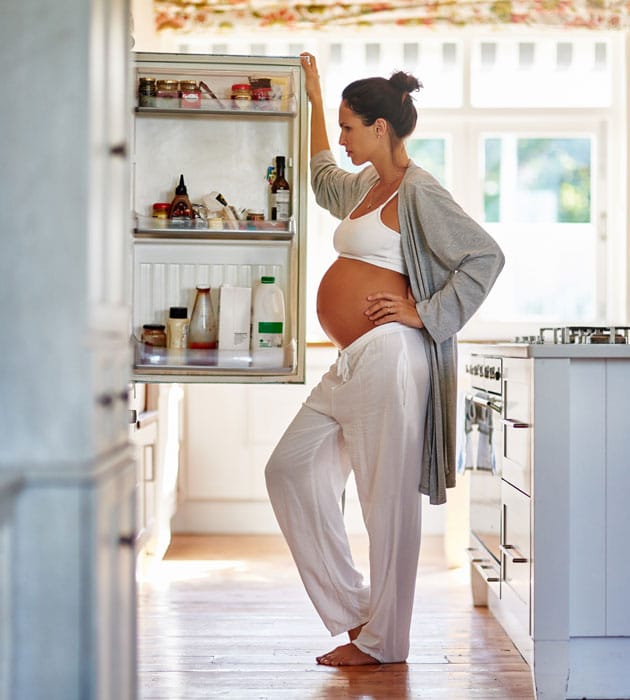

A special note to pregnant women and elderly and immunocompromised people
Listeria is an environmental bacterium that is harmless to most people. Listeria can live in cool, moist environments like floors, drains and refrigerators and can thrive on protein products. But one strain called Listeria monocytogenes can cause serious foodborne illness for some at-risk people.
Public Health experts urge pregnant women and elderly and immunocompromised people to reheat hot dogs and deli meats to steaming hot before consuming them.
Curious about Maple Leaf Foods’ efforts to prevent Listeria?